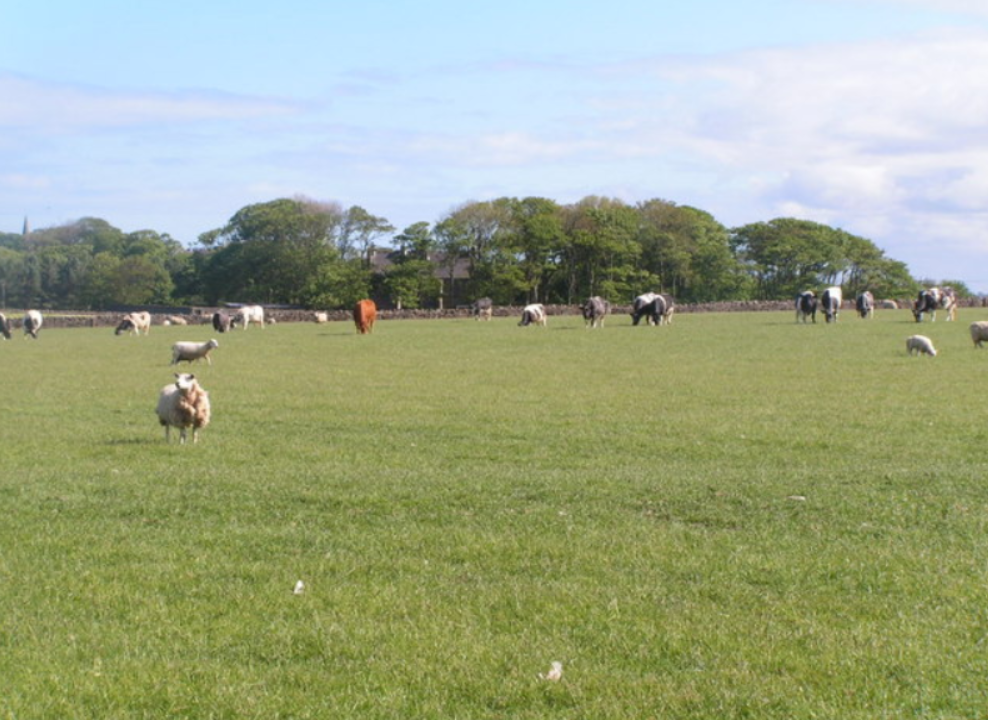The National Farmers’ Union of Scotland (NFU Scotland) has joined with other agriculture organisations to urge farmers to “think carefully” about animal imports from areas with cases of bluetongue (BTV).
The groups are highlighting that the virus is still circulating around Europe, with reported case in France, Switzerland, Cyprus, Portugal, Spain, Greece and Italy, with more recent cases in Germany and Belgium.
NFU Scotland is encouraging farmers to keep up-to-date with the international coverage of the disease, and which countries are reported to be infected, as this can change over time.
Clearly, bringing a disease like bluetongue into the UK would have severe consequences on the health and welfare of our livestock, which can result in widespread movement restrictions and costly surveillance testing.
A joint statement said: “In addition to these costs, if there is a spread into the national herd or flock, the country loses disease-free status, which can have a significant impact on trade.
“That’s why we must be vigilant when it comes to importing livestock from high-risk areas,” the statement went on to add.
The UK is currently bluetongue free, with a low risk status – although the groups warn that this could change.
All livestock arriving from countries affected by bluetongue are tested for infection with the virus, and animals that test positive are culled with no compensation.
“Any premises that bluetongue infected animals were imported to will then be placed under strict animal movement restrictions for several weeks while extensive surveillance is carried out to rule out further spread,” the groups explained.
“The message is clear – livestock keepers must follow the advice, discuss any imports with their vets and consider choosing non-BTV restricted areas for the supply of stock,” the statement concluded.
When importing animals, farmers are urged to consider the following:
- Make sure that animals have the correct paperwork confirming they have been vaccinated against the right strains of bluetongue – this will depend on which country you’re importing from;
- Consider what additional guarantees the seller can provide – such as a pre-export test to prove immunity to BTV;
- Consider pre-vaccinating your flock or herd against the relevant strains of bluetongue before introducing new animals.

